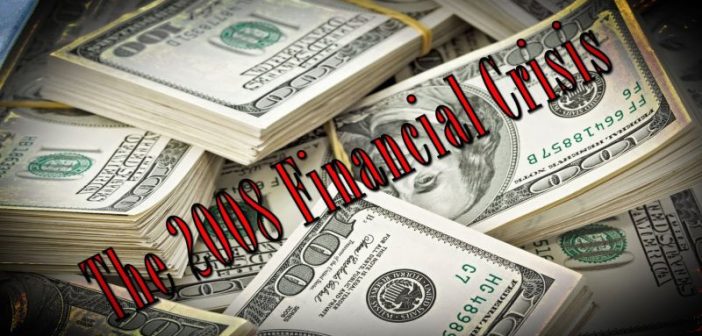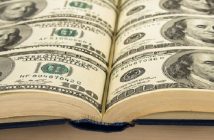Research conducted by Efraim Benmelech of the Kellogg School of Management with Ralf R. Meisenzahl and Rodney Ramcharan of the U.S. Federal Reserve Board into the reasons for the dramatic drop in car sales in the US during the 2008 financial crisis uses the analogy of a clogged plumbing system to explain what went wrong and how it was set right.
What has a clogged plumbing system got to do with car sales during the 2008 global financial crisis in the US? Plenty, according to Efraim Benmelech, the Harold L. Stuart Professor of Finance and the Director of the Guthrie Center for Real Estate Research at the Kellogg School of Management.
He, along with Ralf R. Meisenzahl and Rodney Ramcharan of the U.S. Federal Reserve Board conducted research into the phenomenon of annual new car sales having gone down from about 16 million in 2005 to less than 10 million in 2008. The drop in sales had also coincided with General Motors and Chrysler filing for bankruptcy and receiving bailouts from the US government. While the decline in automobile market could be tagged along with fall in demand for durable goods like home appliances and personal electronics, it was still puzzling why the market for new cars contracted so dramatically in the immediate aftermath of the economic crisis.
During the course of the research, Prof. Benmelech found an additional cause for fall in car sales-a sudden freeze in the credit markets that normally allows auto manufacturers to offer financing loans and leases to their customers through their network of dealers. This system included GMAC, the lending arm of General Motors.
It was not as if people did not need to or want to buy new cars. While they did not have enough cash, easy sources of finance like the loan or lease provided by lending companies like GMAC also found themselves in a bind.
Finally, the federal government bailed out these financing institutions also. Though the bailouts were politically unpopular, they were necessary for restoring the health of the credit market—and the broader economy, an article in Kelloggs Insight, the thought leadership publication of the Kellogg School of Management at Northwestern University, said on the research by the three experts.
The researchers took the help of a dataset from the automotive data company Polk that provided geographical and financial information from every new car sale in the U.S.—including the ZIP code where the sale took place and whether the sale was financed by a loan from a so-called “captive lessor” (the technical term for in-house lending agencies like GMAC).
Prof. Benmelech said captive lessors were the major financial players in this market and not the banks, providing about half of all credit for new car sales in the US. However, unlike the banks, they do not have any financial backup like deposits to tide over financial crisis.
The credit market for captive auto lessors, the “asset backed commercial paper market”, that dealt with very short-term bonds backed by bundles of car loans and lease agreements was also hit. Thus, an inability to offer financing to potential customers was partially responsible for the steep drop in auto sales.
In addition to bailing out GM and Chrysler to the tune of more than $63 billion, the US government also disbursed approximately $17 billion to their captive lessors—a move specifically intended to ease their unique “financial difficulties.” These bailouts were politically unpopular, but necessary, Prof Benmelech said.
“To put it bluntly, you can think of credit markets as plumbing. When credit doesn’t flow, it turns out we have a clogged pipe. You might get upset when your pipe gets clogged, but you’d like to know which pipe has the clog—otherwise you can’t clean it out. We identified the clogged pipe in the plumbing of credit markets for automobiles, and it’s the credit channel of captive lessors,” he added. Even then, auto sales in the United States climbed to pre-crisis levels only in 2014.
ALSO READ: Capstone Projects Help MBAs Connect With Real World
Prof. Benmelech’s recommendation to car manufacturers is to have a plan for times of credit squeeze. The inevitability of such “clogged pipes” in other sectors of the economy should also be taken into consideration along with appropriate response from agencies like the U.S. Treasury and the Federal Reserve. He also dismisses the notion of having a permanently clog-free pipe or crisis-free system as “unrealistic and wrong.”
“We could prevent credit markets from clogging by never throwing anything into the sink, but we have to use that sink! What we need to do instead is be prepared to assess what we are willing to do when it does get clogged.” Giving billion-dollar bailouts to stricken automotive lending agencies may look like throwing good money after bad. “But we can tell you: this is what unclogged the pipe…Without that money being provided to GMAC, things could have been even worse,” he added.




